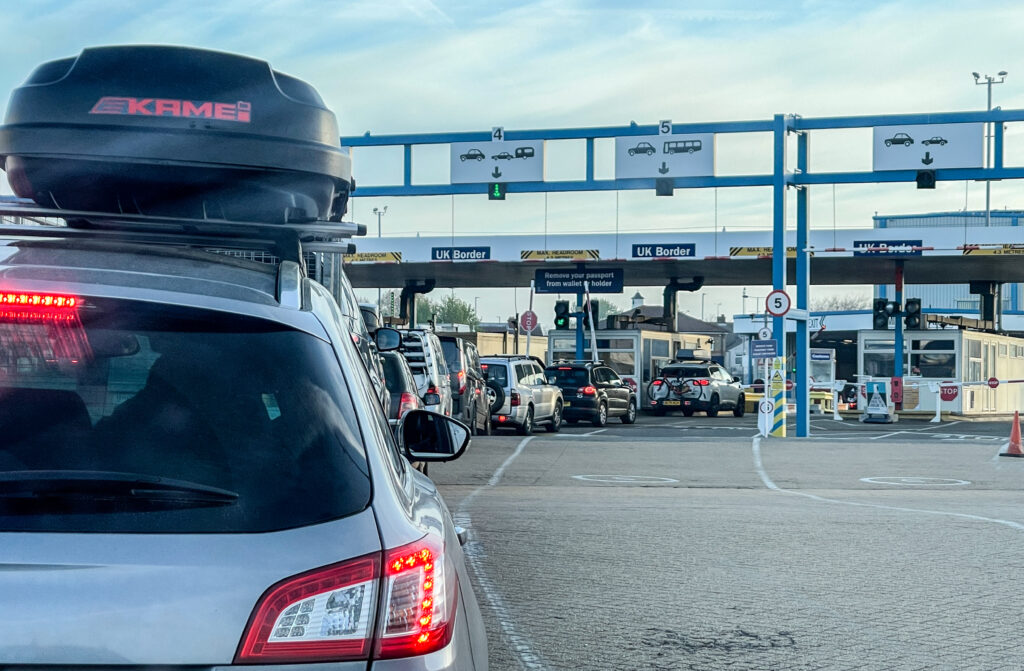Brexit Britain is striving to carve out a unique identity post-EU departure, not by embracing low taxes or deregulation but by championing animal welfare. The recent announcement by Keir Starmer to align with EU rules on agriculture and food standards aims to facilitate smoother trade with the UK’s largest neighbor. However, behind the scenes, London is advocating for an exception to maintain the stringent animal welfare standards established since Brexit.
Last year, the UK made headlines by banning the export of live animals for slaughter, a move applauded by NGOs for prioritizing animal welfare over trade convenience. This prohibition, in contrast to the EU’s stance, was justified by the UK government as a measure to reduce unnecessary stress on animals. Additionally, London has taken steps to protect sea birds and sand eels from overfishing by EU fleets and is contemplating legislation to remove foie gras from British menus, indicative of a divergence from previous EU regulations that necessitated alignment for seamless trade.
In the upcoming U.K.-EU talks, London is pushing for a specific carve-out on animal welfare within the Sanitary and Phytosanitary Agreement. This move reflects the government’s commitment to upholding high standards rather than engaging in a regulatory race to the bottom. The negotiations are pivotal in determining the future trajectory of UK-EU relations, with both parties expected to navigate complex issues such as exceptions for selective-bred crops and animal welfare considerations.
Professor Emily Lydgate highlighted the significance of the UK’s pursuit of higher animal welfare standards within the trade agreement, drawing parallels to Switzerland’s agreement with the EU that safeguarded its animal welfare regulations. This strategic exemption not only aligns with the British government’s priorities but also resonates with public sentiment regarding animal welfare. The UK’s emphasis on maintaining and improving animal welfare laws reflects a broader societal concern that transcends political affiliations.
The intricacies of the SPS deal extend beyond mere regulatory alignment, encompassing ethical considerations and public perception. Edie Bowles from The Animal Law Foundation emphasized the need for robust animal welfare standards that prevent the undercutting of domestic regulations by imports adhering to lower standards. The public’s fervent support for stringent animal welfare measures underscores the importance of negotiating agreements that foster a race to the top rather than compromising on existing standards.
As negotiations progress, there may be instances where compromises are inevitable. The evolving landscape of animal welfare regulations, such as the legalization of handling chickens by their legs, underscores the dynamic nature of these discussions. The public’s expectation for a mutually beneficial agreement that promotes high standards on both sides underscores the need for a collaborative approach that prioritizes animal welfare above all else.
The UK government’s commitment to setting high animal welfare standards is a cornerstone of its negotiation strategy, emphasizing the importance of ethical considerations in trade agreements. The impending finalization of the SPS agreement signifies a crucial juncture in UK-EU relations, where the alignment of values and standards will shape the future landscape of trade and cooperation. Amidst evolving policies and negotiations, the preservation of animal welfare standards emerges as a central tenet of the UK’s post-Brexit identity, reflecting a commitment to ethical governance and public welfare.

Comments